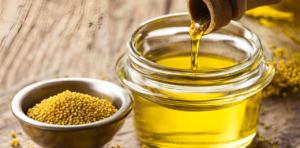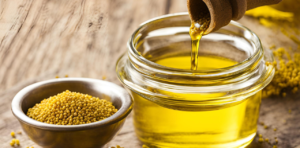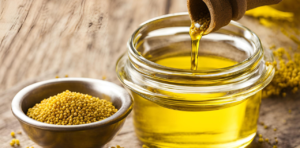The Ultimate Guide to Amla Murabba in Pregnancy: Benefits, Price & Nutrition
Introduction
Amla, also known as Indian gooseberry, is widely recognized for its immense health benefits. It is a powerhouse of nutrients and a go-to remedy in Ayurveda. But is it safe for pregnant women? Let’s dive deep into the benefits, risks, and best ways to consume amla murabba during pregnancy.
Amla Murabba and Pregnancy
Can Pregnant Women Eat Amla?
Absolutely! Amla is loaded with vitamin C, antioxidants, and essential minerals that promote a healthy pregnancy. However, moderation is key to avoiding any side effects.
Health Benefits of Amla Murabba in Pregnancy
1. Boosts Immunity
During pregnancy, the immune system weakens. The high vitamin C content in amla murabba strengthens immunity, protecting the mother and baby from infections.
2. Enhances Digestion
Amla is rich in fiber, aiding digestion and preventing constipation, which is a common pregnancy discomfort.
3. Regulates Blood Sugar
Amla helps in maintaining stable blood sugar levels, reducing the risk of gestational diabetes.
4. Improves Hemoglobin Levels
Iron deficiency is common in pregnancy. Amla murabba promotes better iron absorption, preventing anemia.
5. Promotes Baby’s Brain Development
The antioxidants and essential nutrients in amla support fetal brain development.
Amla Murabba vs. Fresh Amla: What’s Better for Pregnancy?
Both forms have benefits, but fresh amla may be too sour for some. Amla murabba provides the same benefits in a sweeter, more palatable form.
How to Eat Amla Murabba During Pregnancy?
Best Time to Eat Amla Murabba
- Morning: A great way to start the day with an immunity boost.
- After meals: Aids digestion and prevents acidity.
- Avoid at night: May cause acid reflux or discomfort.
Side Effects of Amla During Pregnancy
While generally safe, excessive consumption may lead to:
- Acidity or heartburn
- Frequent urination
- Drop in blood sugar levels
Amla Murabba Price & Availability
Amla Murabba 1kg Price
Prices vary based on brand and quality, ranging between ₹200-₹500 per kg. Popular brands include:
- Dabur Amla Murabba (Widely trusted brand)
- Organic India Amla Murabba
- Patanjali Amla Murabba
Amla Candy in Pregnancy
For those who find murabba too sweet, amla candy is a good alternative. It retains most benefits while being easier to carry and consume.
Homemade vs. Store-Bought Amla Murabba
Homemade amla murabba ensures no preservatives or excess sugar, making it a healthier choice.
Amla Murabba Nutrition Facts
- Calories: 250-300 kcal per 100g
- Vitamin C: 600-700 mg per 100g
- Iron & Calcium: Supports bone and blood health
Amla Juice vs. Amla Murabba in Pregnancy
While amla juice is highly nutritious, it may cause acidity if consumed on an empty stomach. Murabba provides a balanced, slow-releasing source of nutrition.
Best Amla Food Products for Pregnancy
- Amla Murabba
- Amla Juice (with honey for better digestion)
- Amla Candy (for snacking)
Dabur Amla Murabba: Is It a Good Option?
Dabur is a trusted brand offering high-quality murabba with good shelf life and reasonable pricing.
FAQs on Amla Murabba in Pregnancy
1. Can we eat amla during pregnancy?
Yes, it is safe and beneficial in moderation.
2. Is amla murabba safe during pregnancy first trimester?
Yes, but consume in moderation to avoid acidity.
3. What is the best time to eat amla during pregnancy?
Morning or after meals is ideal.
4. Are there side effects of eating too much amla in pregnancy?
Yes, excessive consumption may cause acidity, diarrhea, or low blood sugar.
5. Is gooseberry good for pregnancy?
Yes, it helps with digestion, immunity, and fetal development.
Conclusion
Amla murabba is a fantastic addition to a pregnancy diet, offering numerous health benefits. Whether you opt for store-bought or homemade, ensure moderate consumption for the best results.


